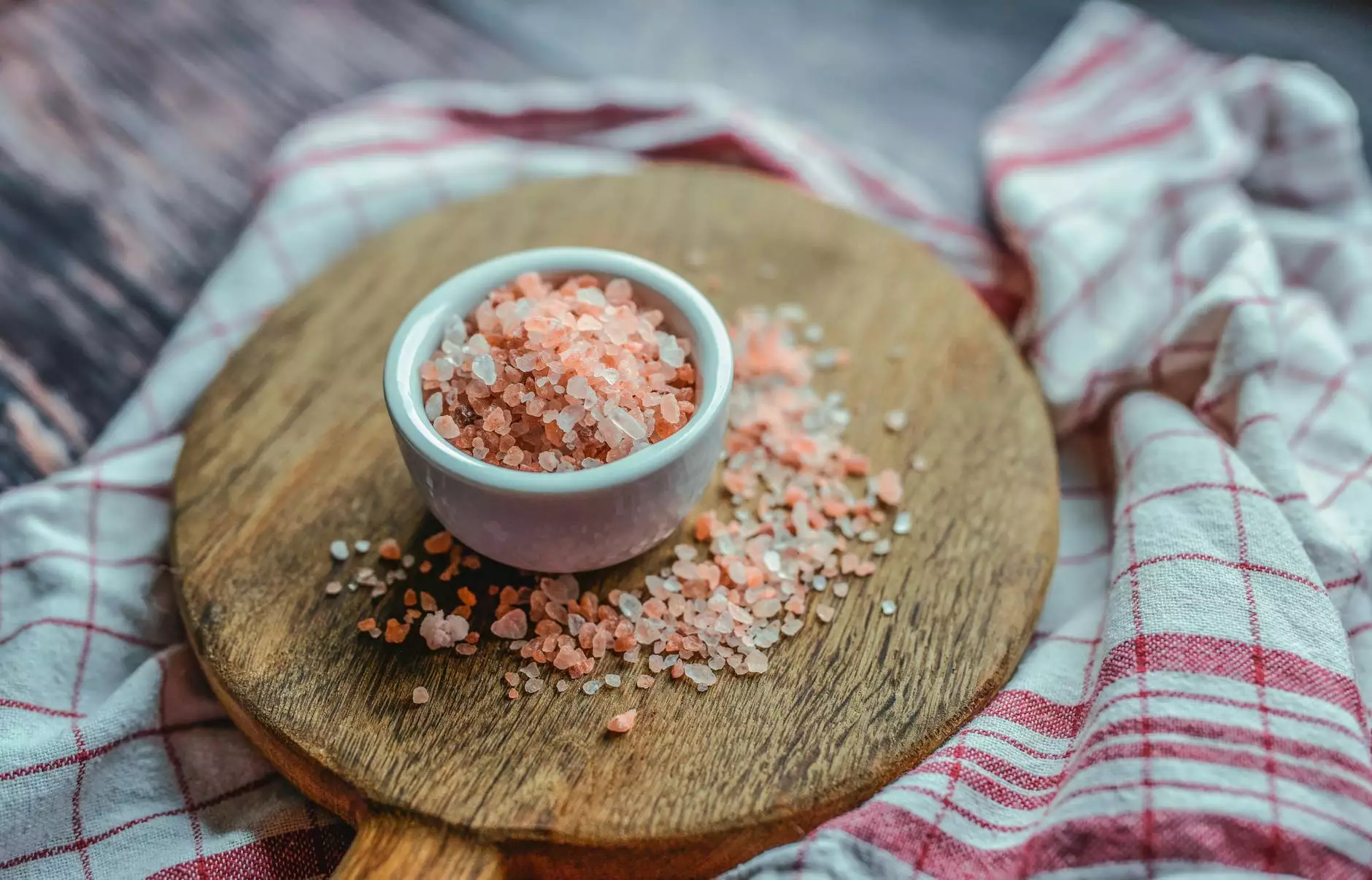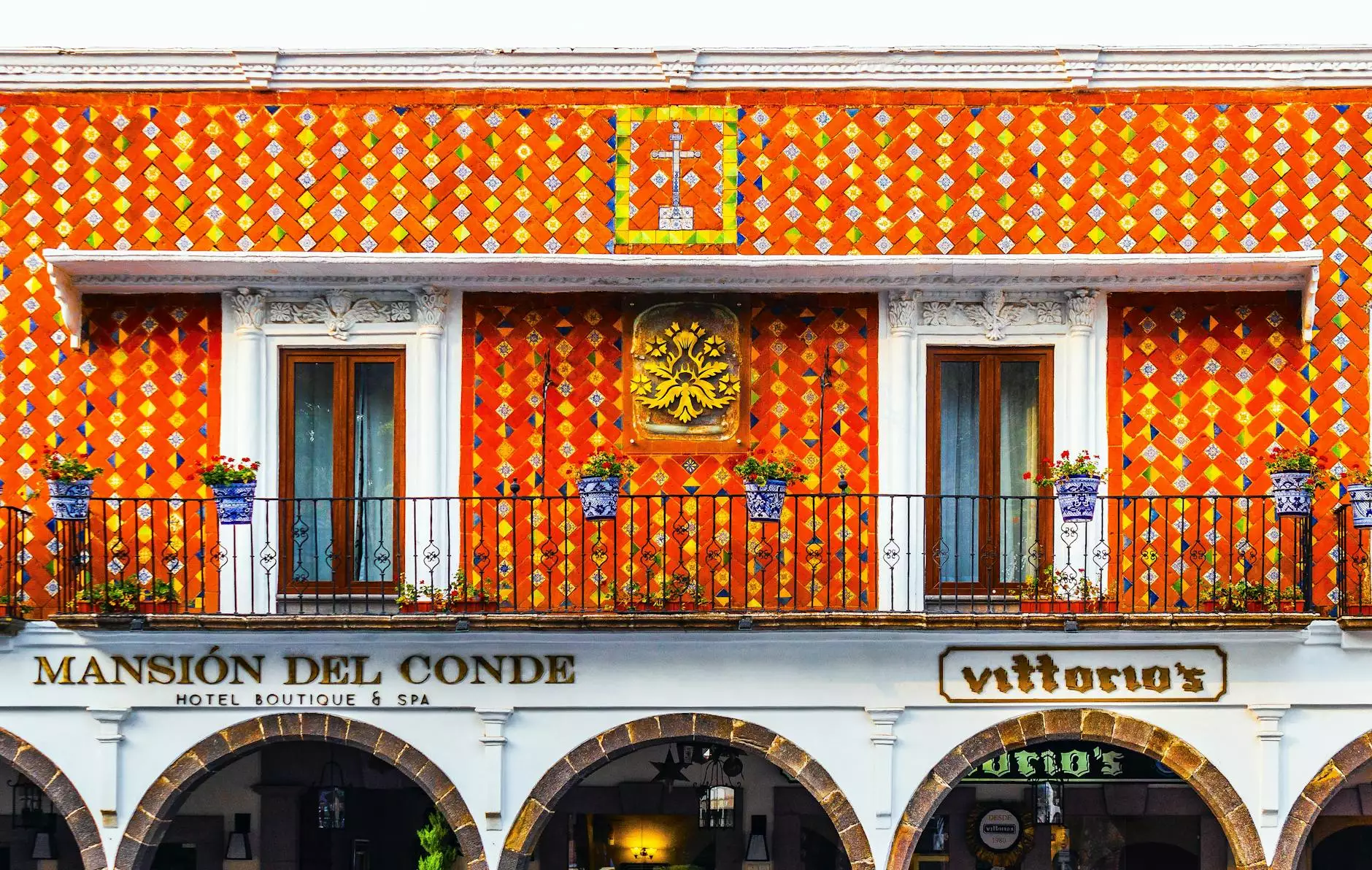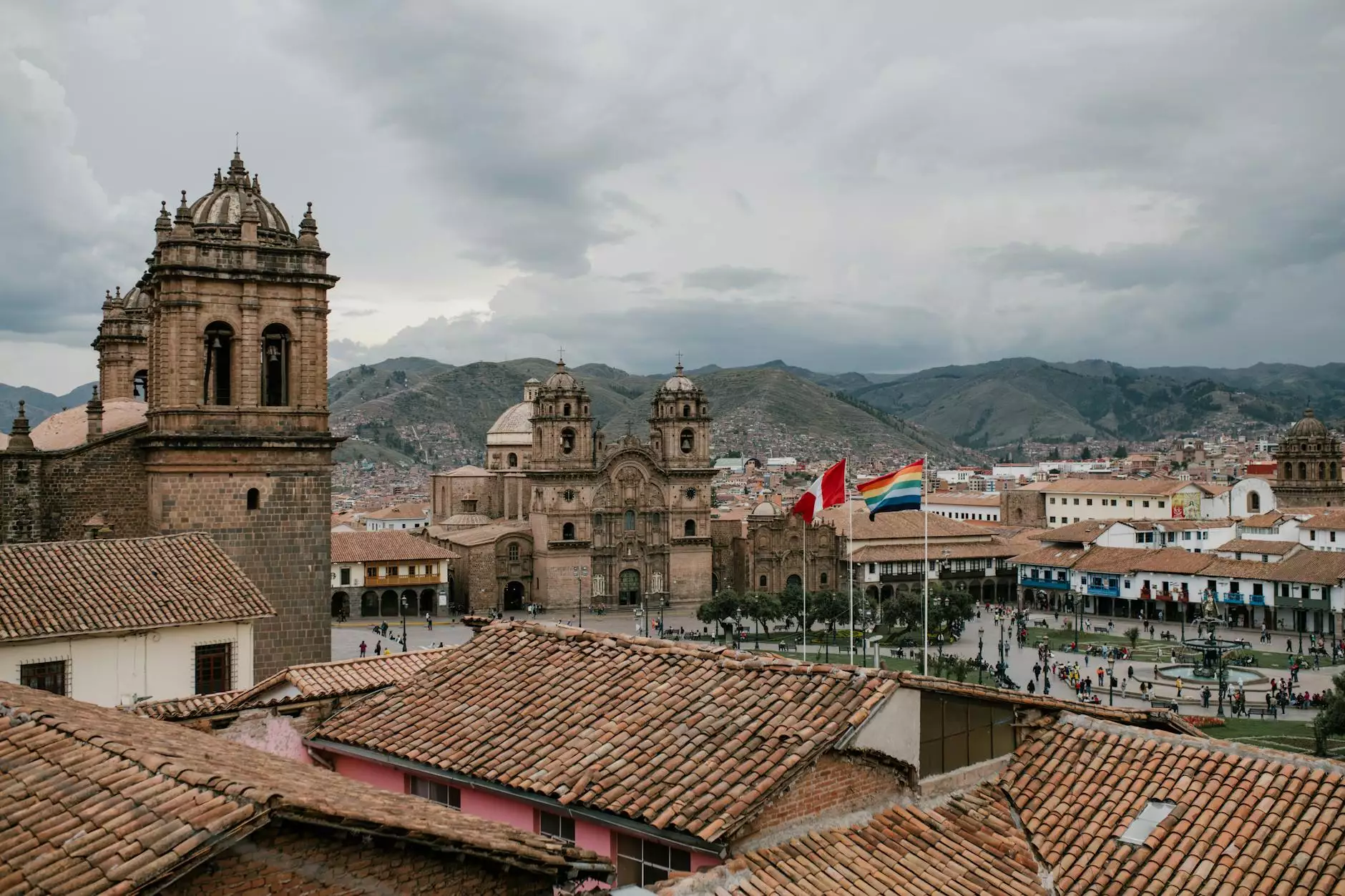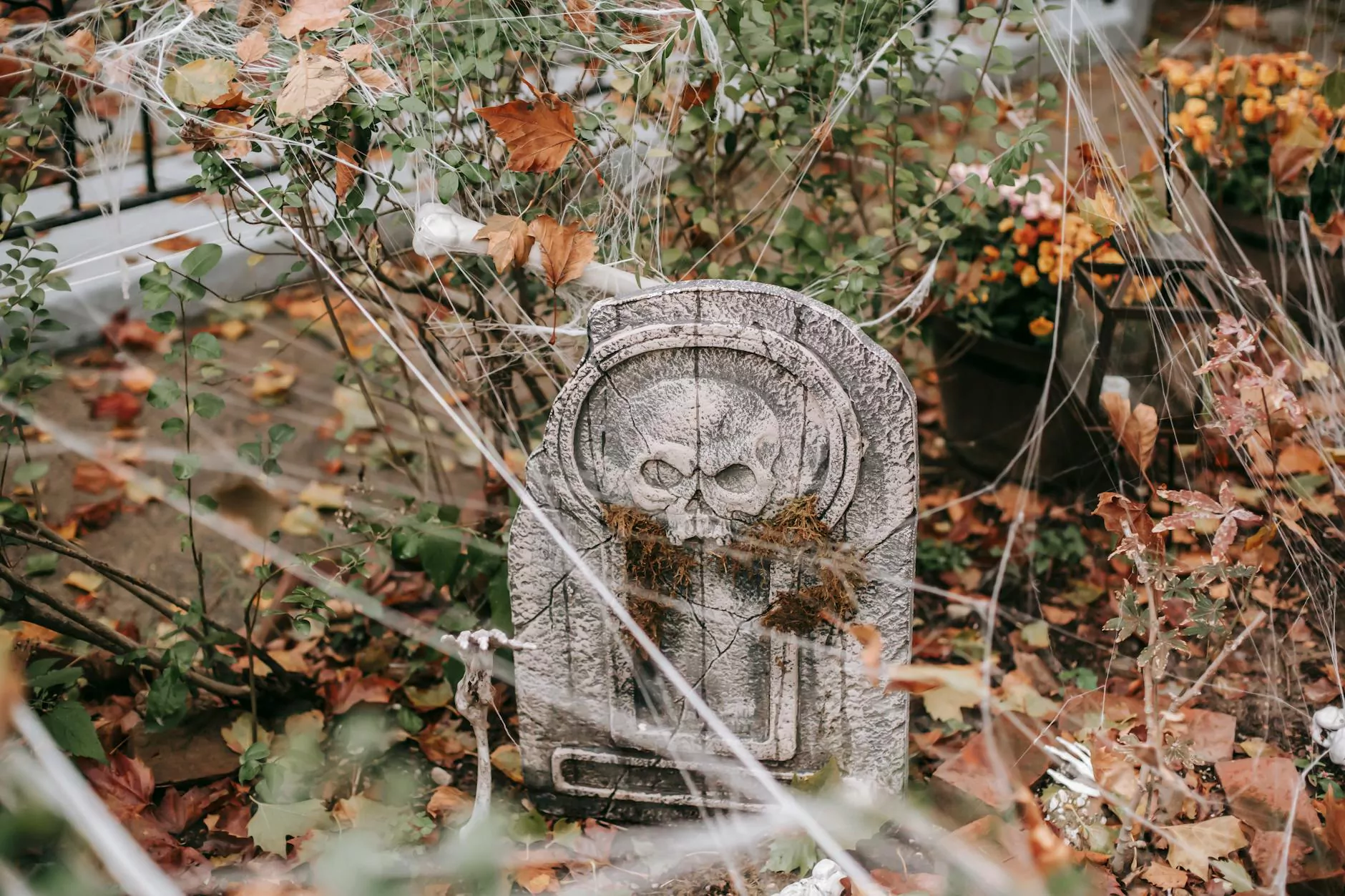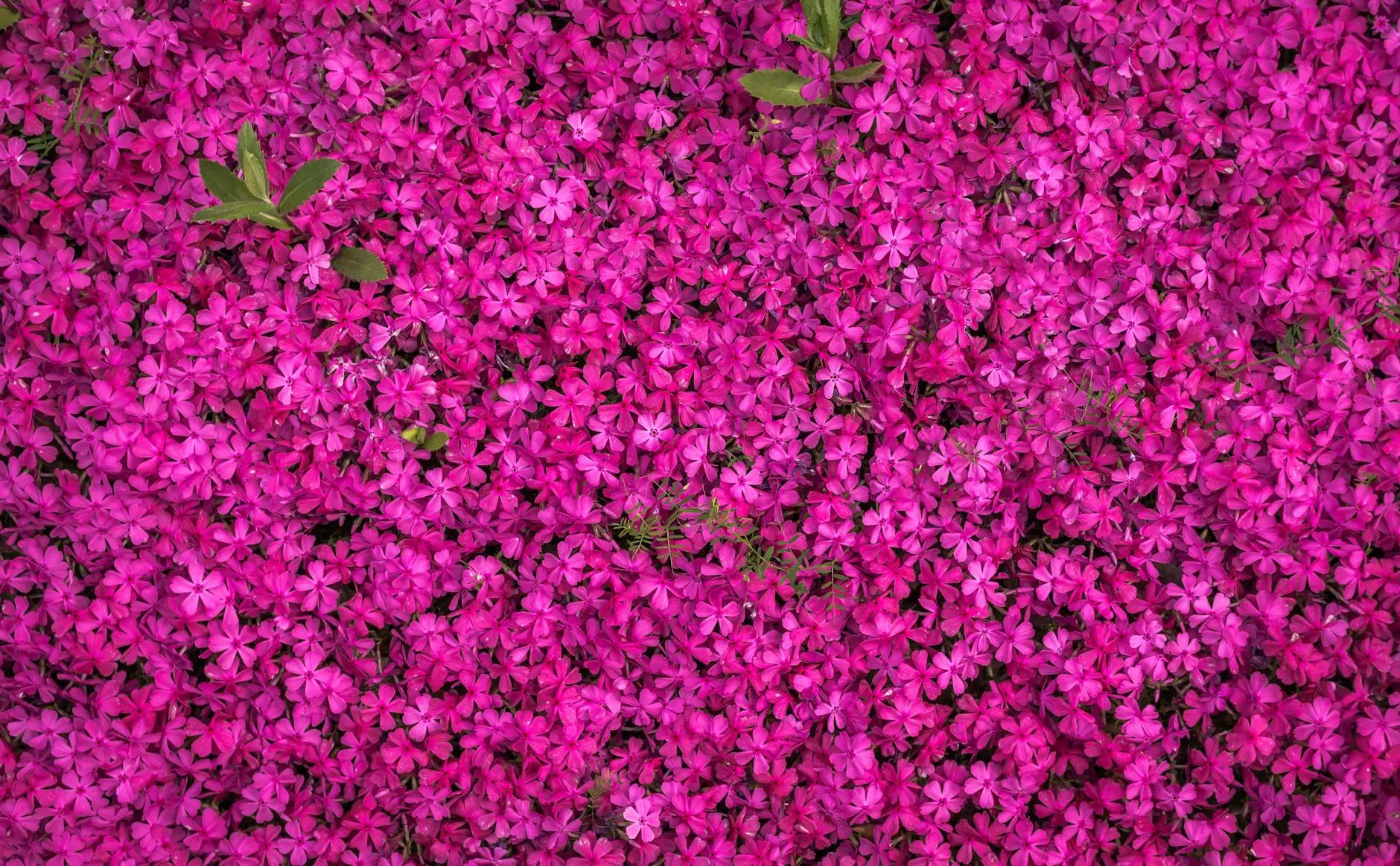Pollinators: Keeping Company with Flowers
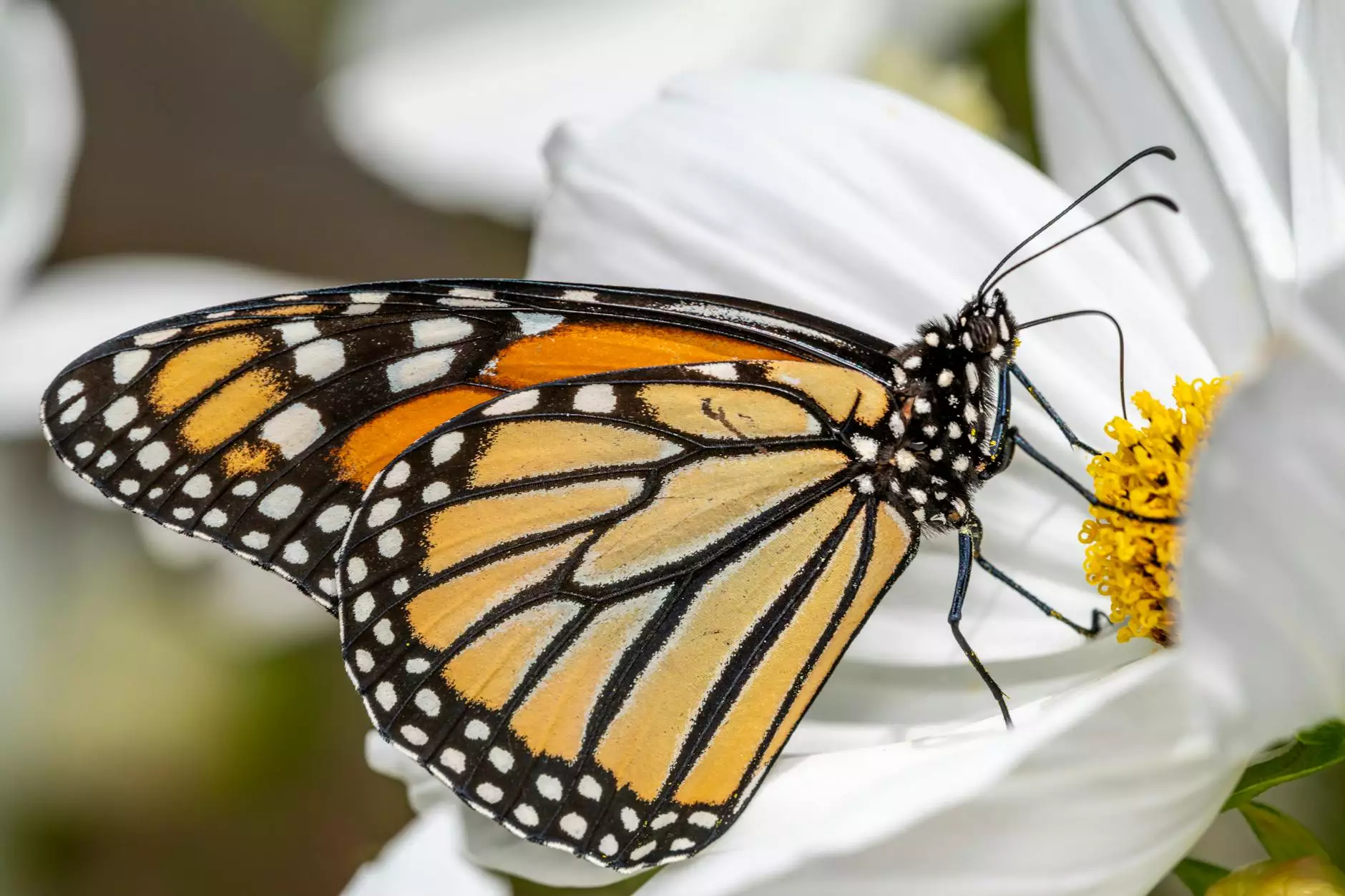
The Importance of Pollinators
Pollinators, such as insects, birds, and animals, are essential for maintaining a healthy ecosystem. Their role in fertilizing flowers allows for the reproduction of various plant species, including many of the fruits, vegetables, and nuts that make up a significant portion of our diets. Without pollinators, the world as we know it would be severely impacted.
The Fascinating Relationship between Pollinators and Flowers
Flowers have developed diverse adaptations to attract pollinators. Be it their vibrant colors, enticing scents, or unique shapes, flowers are nature's way of luring these faithful companions. Pollinators, on the other hand, have co-evolved with flowers, developing specialized appendages and behaviors that aid in the pollination process.
Insects: The Unsung Heroes
Insects, such as bees, butterflies, and beetles, are some of the most important pollinators. Bees, in particular, have evolved into highly efficient pollinators due to their hairy bodies, which help them trap and carry pollen from flower to flower. Additionally, bees' ability to navigate long distances helps in genetic diversity and ensures the survival of various plant species.
Birds: Aerial Pollinators
Certain bird species, like hummingbirds, are known as aerial pollinators. With their long beaks and tongues, they are specialized to feed on nectar from deep-throated flowers. As they move from one flower to another, they inadvertently transfer pollen, aiding in the reproduction of these plant species.
Animals: Unlikely Pollinators
Animals such as bats and some small mammals also contribute to the pollination process. Bats, known as nocturnal pollinators, are attracted to flowers that bloom at night and are often responsible for pollinating night-scented plants. These unique pollinators play a crucial role in pollinating various species that are reliant on their services.
The Importance of Preserving Pollinator Habitats
With urbanization and habitat destruction on the rise, pollinators face numerous challenges in finding suitable environments to thrive. It is paramount that we take steps to preserve and create habitats that support these crucial pollinators. Planting native wildflowers, providing nesting sites, and limiting the use of pesticides are some of the measures we can take to ensure the survival of these essential creatures.
Exploring the World of Pollinators
From the intricate dance of bees in a beehive to the stunning migration of monarch butterflies, the world of pollinators is full of wonders. Their behaviors, influences, and adaptations have been studied by scientists and nature enthusiasts for centuries, yet we are still continually discovering new insights into their fascinating lives.
The Diversity of Insects as Pollinators
Insects, being the most abundant and diverse group of pollinators, have captured the attention of scientists worldwide. From the humble honeybee to the solitary bee, each species possesses unique characteristics that contribute to the pollination process. Exploring the world of insect pollinators unveils a vibrant tapestry of colors, shapes, and behaviors that make them a critical part of our ecosystem.
Bird Pollinators: A Study in Flight
Birds, with their ability to fly long distances, play a vital role in pollination. Their interactions with flowers, coupled with their extraordinary migratory journeys, make them a captivating subject of study. Observing the feeding habits of hummingbirds or the unique anatomy of bird-pollinated flowers provides insights into the co-evolutionary relationship between these formidable pollinators and their floral companions.
The Enigmatic World of Bat Pollination
Bats, known for their nocturnal activities, have an intriguing relationship with certain flowers. The adaptation of flowers to attract bats, and the specialized anatomy of these mammals for nocturnal navigation, create an enchanting dynamic. Exploring the world of bat pollination unravels unique mutualistic relationships that have evolved over time, resulting in the survival and proliferation of fascinating Plant species.
In Conclusion
Pollinators are the unsung heroes of the natural world, playing a vital role in ensuring the reproduction of countless plant species. From the buzz of bees to the delicate flutter of butterflies, these remarkable creatures deserve our admiration, respect, and protection. By understanding their importance and taking steps to preserve their habitats, we can ensure that the delicate balance of our ecosystems is maintained for generations to come.


